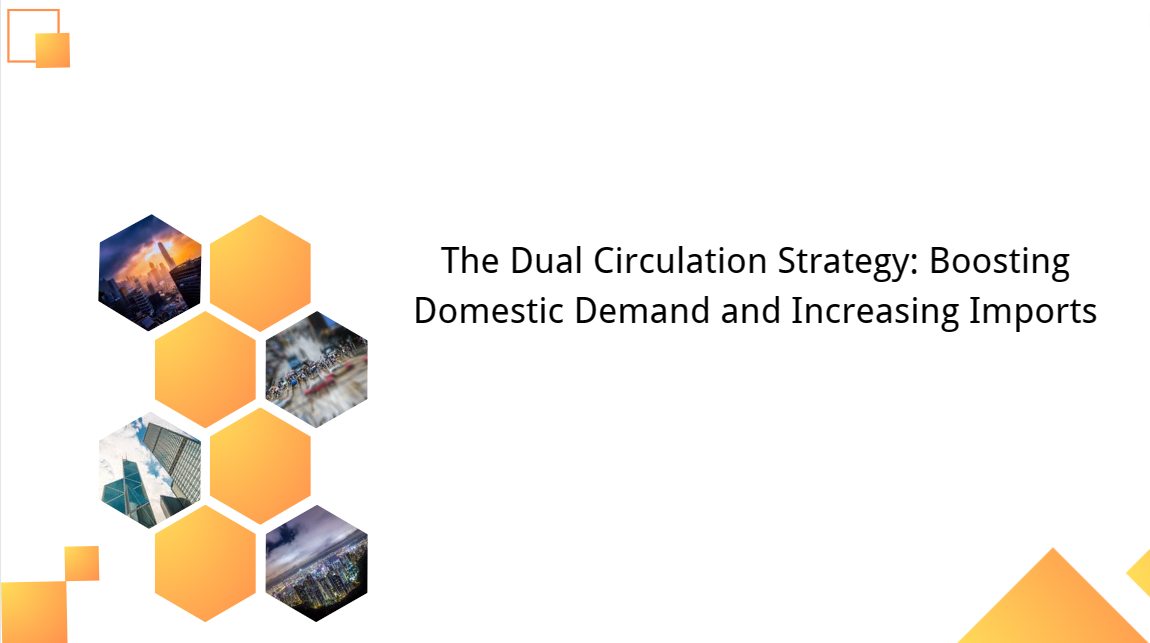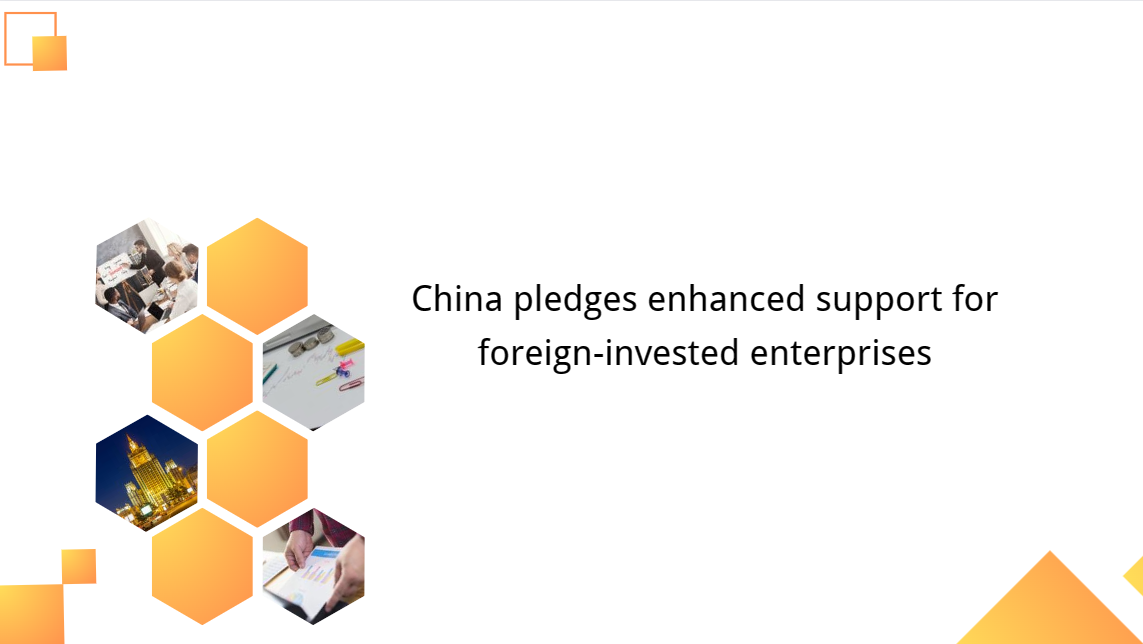Annual Report highlights FSB's work to assess and address vulnerabilities in the global financial system
The Financial Stability Board (FSB) today published its latest Annual Report. The report, which was delivered to G20 Finance Ministers and Central Bank Governors ahead of their meeting in Marrakesh, describes the FSB's work to promote global financial stability.
The report looks back at the banking turmoil in March 2023. It notes that swift and decisive actions were taken by the relevant authorities and that the already implemented Basel III reforms helped shield the global banking sector and real economy from a more severe banking crisis. The FSB's review concludes that these events demonstrate the soundness of the international resolution framework but identifies several areas to enhance its implementation.
Vulnerabilities in the global financial system continue to be elevated. The cost of financing has risen substantially, at a time when debt is at very high levels across the government, corporate and household sectors. High interest rates and an uncertain growth outlook also create the potential for higher volatility in asset prices. Meanwhile vulnerabilities from structural change continue to emerge in areas such as climate change, cyber and crypto-asset markets.
The report outlines the work the FSB is doing to address these vulnerabilities. This includes work to enhance resilience in non-bank financial intermediation (NBFI); improve cross-border payments; enhance the resolution of central counterparties (CCPs); address financial risks from climate change; and finalise a global regulatory framework for crypto-asset activities.
The report finds that progress in implementing the G20 financial regulatory reforms continues but remains uneven. FSB member jurisdictions continue to implement the finalised Basel III reforms, though implementation in many cases is being pushed to 2024 or later. Work is still ongoing to close gaps in the operationalisation of resolution plans for banks and to implement effective resolution regimes for insurers and CCPs. The report notes that implementation of NBFI reforms continues at a slow pace and is at an earlier stage than other reform areas.
The report emphasises that developments over the past year reinforce the importance of global regulatory cooperation, including the completion of the post-crisis reform agenda with G20 support. The FSB and standard-setting bodies will continue to promote approaches to deepen international cooperation, coordination and information sharing.
Notes to editors
The FSB has published annual reports on the implementation and effects of the G20 financial regulatory reforms since 2015. Their main purpose was to highlight progress made by FSB members in implementing regulatory reforms to fix the fault lines that led to the 2008 global financial crisis and build a safer, more resilient financial system.
With the FSB’s overall work shifting increasingly to new topics and the assessment of new and emerging risks, the annual report was revamped in 2021 to be more forward-looking and encompassing. The current version of the report presents the FSB’s high-level assessment of current vulnerabilities in the global financial system; describes the main findings of the FSB’s ongoing financial stability work and implications for the functioning and resilience of the global financial system; and takes stock of progress by FSB members in implementing G20 reforms and reports on the findings of evaluations or other assessments on the effects of those reforms.
The FSB coordinates at the international level the work of national financial authorities and international standard-setting bodies and develops and promotes the implementation of effective regulatory, supervisory, and other financial sector policies in the interest of financial stability. It brings together national authorities responsible for financial stability in 24 countries and jurisdictions, international financial institutions, sector-specific international groupings of regulators and supervisors, and committees of central bank experts. The FSB also conducts outreach with approximately 70 other jurisdictions through its six Regional Consultative Groups.
The FSB is chaired by Klaas Knot, President of De Nederlandsche Bank. The FSB Secretariat is located in Basel, Switzerland and hosted by the Bank for International Settlements.





















































First, please LoginComment After ~